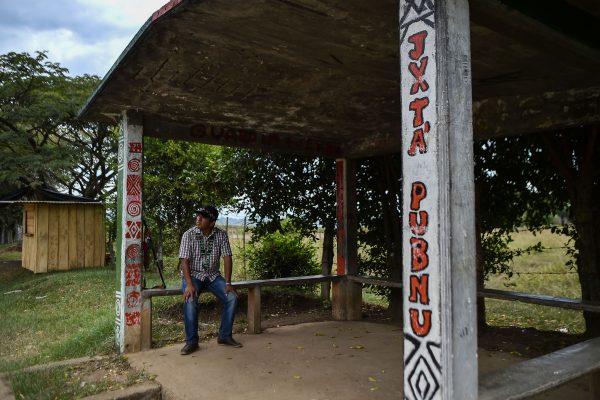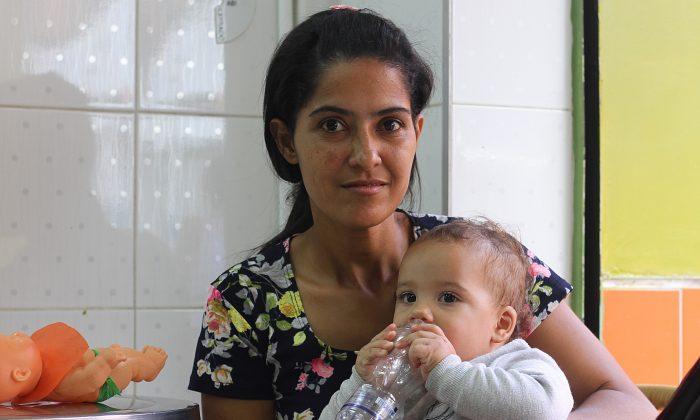BOGOTA, Colombia—Colombia’s 2016 peace deal that led to the Marxist guerrilla group FARC laying down their guns ended over 50 years of bloody conflict, starting a new chapter for the South American country. But violence continues to plague Colombia, with different groups trying to claim the territory once controlled by FARC.
Particularly concerning is the killings of activists and community leaders, which have been increasing since the peace deal. So far this year, 173 community leaders in the country have been killed. NGOs say land activists who are fighting to reclaim land that was lost during the conflict are among the ones most heavily targeted.
According to Paola Holguin, a senator from President Ivan Duque’s Democratic Center party, the murders are happening in parts of the country where drug traffickers are fighting for territory.
Holguin insists that the government is doing all it can to protect the community leaders. “The death of any person is unacceptable for democracy, and the state has a commitment to investigate, prosecute the killers of the community leaders, and protect them,” she said, dismissing claims by some NGOs that some elements of the state may be involved in the killings as “despicable.”

Conflicts Over Land
Issues surrounding land have always been at the heart of Colombia’s bloody strife. What’s more, the decades-long conflict itself has been the cause of displacement of millions from their lands.For decades, rural Colombia was a battlefield between left-wing guerrillas, government forces, right-wing paramilitary groups, and drug cartels—wreaking havoc on daily life. Over 8 million people have been displaced, making Colombia one of the countries with the highest number of internally displaced people in the world.
An estimated 8 million hectares of land—about 7 percent of Colombia—has been acquired illegally. Now that the peace agreement has been signed, some of those forced off, who are mainly peasant farmers, are fighting to get their land back.
Colombian media have reported that eight land claimants were murdered in the first six months of this year alone. Human rights groups and NGOs don’t believe the numbers of murders will decline in the near future.
“For the near future we are pessimistic. We hope the international community will play a stronger role in pressuring the government to take action,” said Ilhan Can of the Fundacion Forjando Futuros NGO.
President Duque, who was elected in August, has said he would modify the peace deal and has promised to offer increased legal protection for the “private property of landowners and corporations”—even presenting a bill that seeks to change a law aimed to restore land.



Friends Read Free